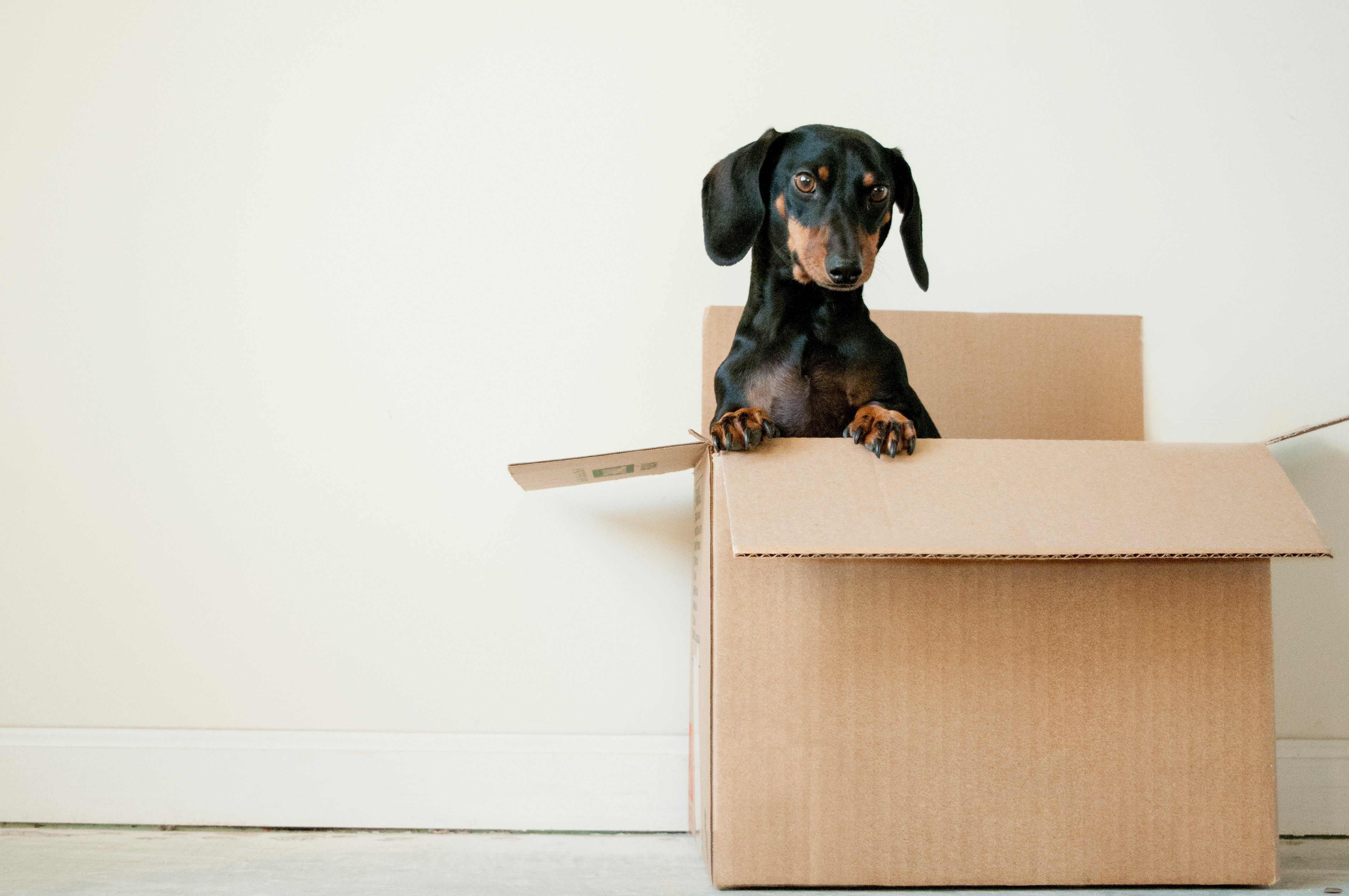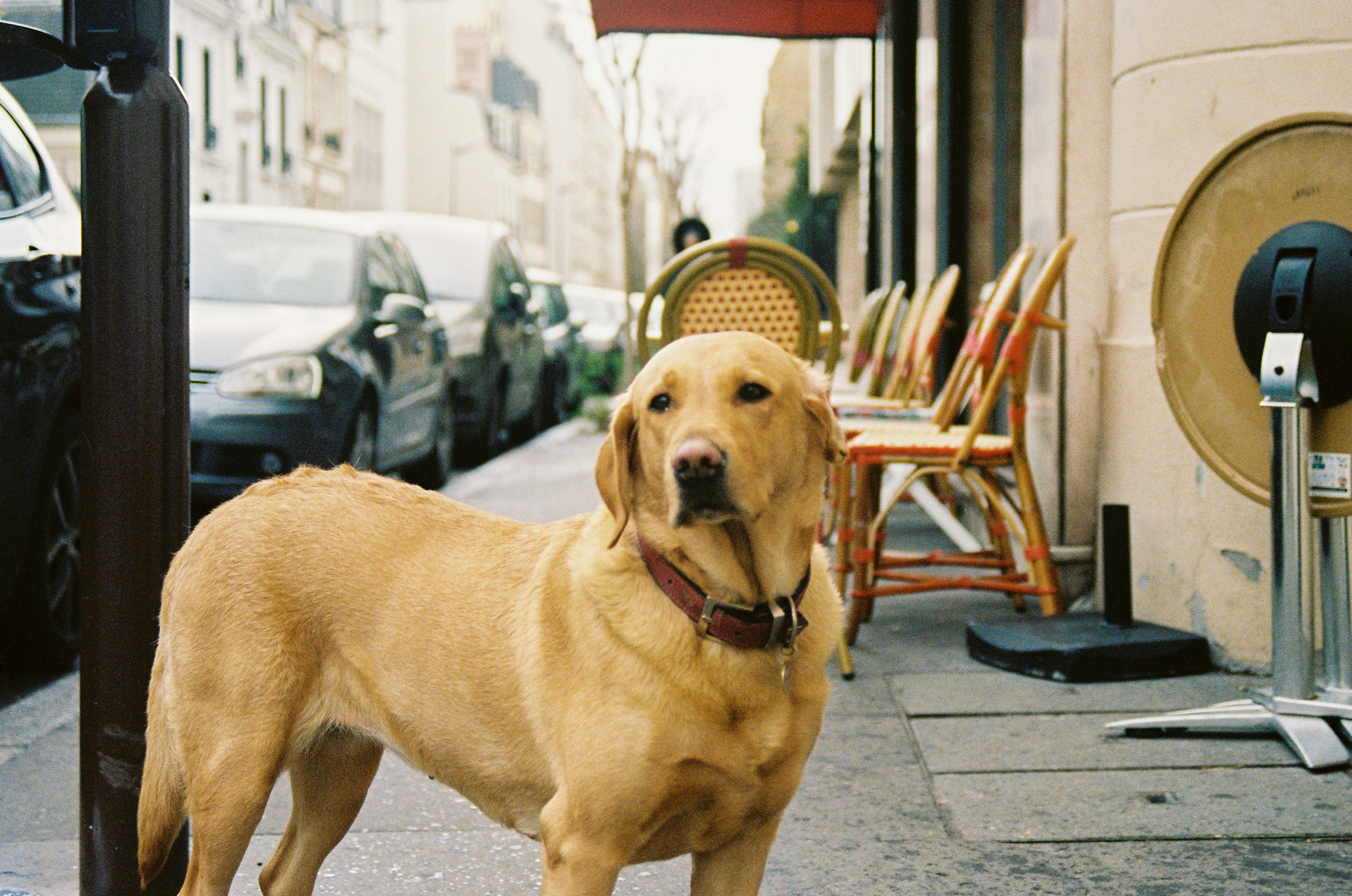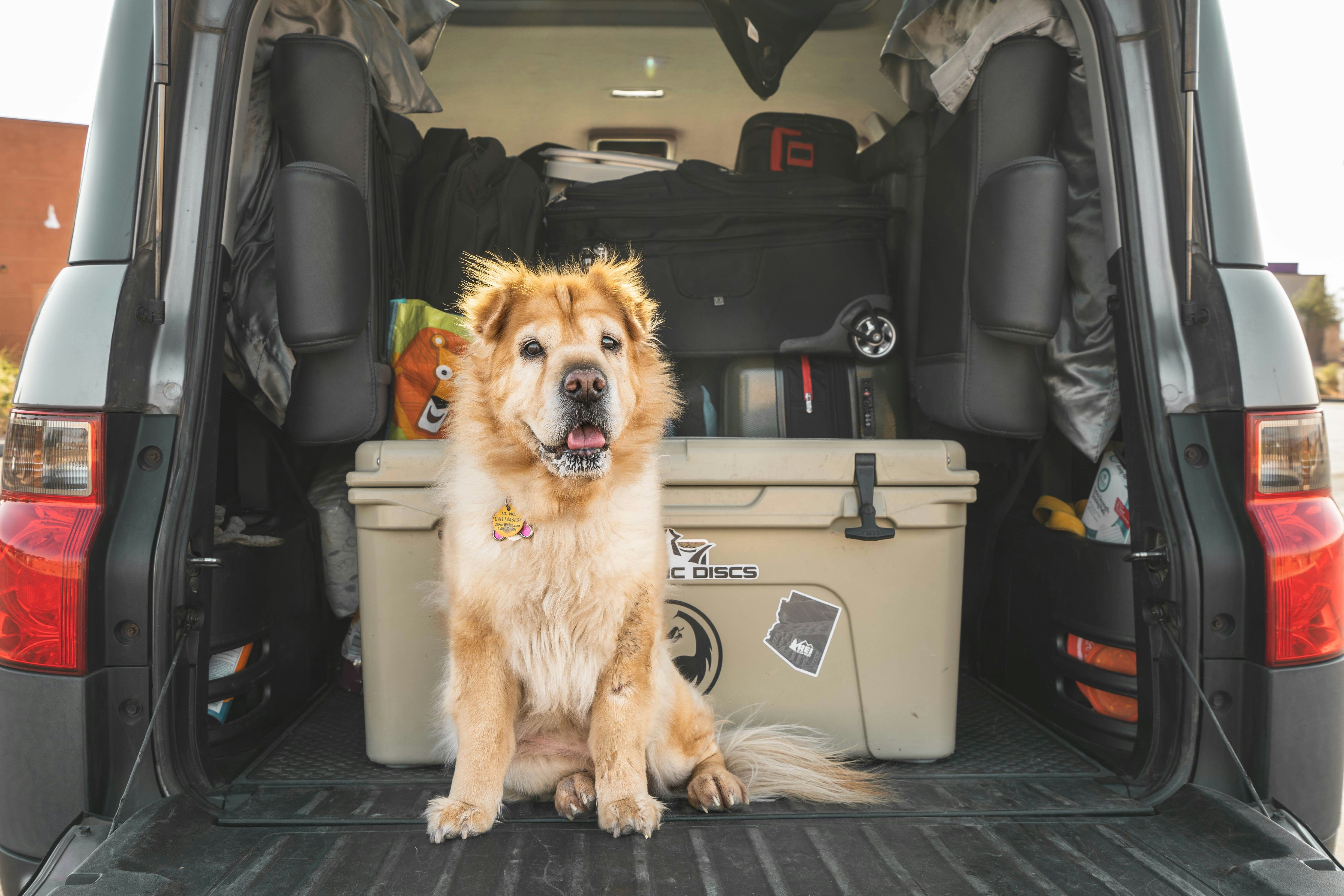CHAT
WITH US
WITH US
GET A
QUOTE
have questions? call us
+44 3330 907053

Blog • Europe • 13 Jan 2025
Share this article
Since Brexit, bringing pets to France has become more complex, with the UK now classified as a "Part 2 listed country" under EU pet travel regulations. While this hasn't made pet travel impossible, it requires more careful planning and additional documentation. The French Ministry of Agriculture oversees pet import regulations and provides current requirements. If you're moving to France from the UK and are bringing your pet, read below.
The paperwork requirements for pets have expanded significantly post-Brexit. Your pet's documentation must be absolutely perfect - even minor errors can result in entry refusal or quarantine. Start gathering and preparing documentation well in advance of your planned travel date.
Essential documentation includes:
A crucial point often overlooked: the Animal Health Certificate must be issued by an official veterinarian no more than 10 days before travel. This certificate is expensive (typically £150-£200) and valid for only one entry into the EU.

Meeting veterinary requirements requires careful timing and coordination with your vet. Start by consulting an official veterinarian who can guide you through the process. The most time-critical element is the rabies vaccination, which must be administered at least 21 days before travel if it's your pet's first vaccination.
Key veterinary timeline:
Ensure your pet is registered with a vet who can issue Animal Health Certificates, as not all veterinarians are authorised to do so.
Getting your pet to France requires choosing between several transport options, each with specific requirements and considerations. The pet travel landscape has changed significantly, with some routes now restricted or requiring additional documentation.
The most common travel options include:
The Eurotunnel often proves most straightforward, as your pet remains with you throughout the journey. However, ferry services have significantly improved their pet facilities in recent years.

When arriving in France with your pet, you'll need to pass through specific entry points where pet documentation can be checked. Not all ports of entry are equipped to handle pet arrivals, so verify your chosen entry point accepts animals. The French Customs website maintains a current list of approved entry points.
Customs officials will thoroughly check your pet's documentation. They'll verify the Animal Health Certificate details match your pet's microchip and that all treatments are properly recorded. Any discrepancies could result in significant delays or entry refusal, so double-check all documentation before travel.
Entry point considerations:
Want to see how easy moving to France can be? Read about David's stress-free move with Deliver1.
Once in France, several registration procedures need attention. French law requires pets to be registered with local authorities and, in many cases, with national pet databases. The process varies slightly depending on whether you're in an urban or rural area.
For dogs, registration with your local Mairie (town hall) is mandatory. Some breeds classified as "dangerous" require special permits and insurance. Cats must be registered with the French identification database, but local registration requirements vary by region.
Essential registrations include:

Establishing a relationship with a local veterinarian should be among your first priorities after arrival. French veterinary care maintains high standards, and many vets, particularly in expatriate-heavy areas, speak English. The Ordre National des Vétérinaires provides a searchable database of registered veterinarians.
When choosing a vet, consider:
French pet care requirements might differ from what you're accustomed to in the UK. Regular vaccinations and treatments must be maintained according to French standards, and some preventative treatments common in the UK might need adjustment for French conditions.
Annual requirements typically include:
Planning to move your beloved pet to France? Deliver1 understands that pets are family members and require special care during relocation. Our pet-friendly moving service ensures your furry friends arrive safely at your new French home.
Our specialised pet moving service includes:
Contact our pet relocation specialists for a tailored quote and comprehensive support with moving your pets to France. Our experienced team will ensure your pet's journey is as comfortable and stress-free as possible.
Helping your pet adjust to French life takes time and patience. French attitudes toward pets, particularly dogs, tend to be very accepting - dogs are often welcome in restaurants and shops. However, there are different expectations regarding behaviour and control.
Cultural considerations include:
Remember to maintain routines where possible during the initial settling-in period, and gradually introduce your pet to new experiences and environments in France.
Contact Deliver1 today to discuss your pet's move to France. Our comprehensive moving services ensure both you and your pets enjoy a smooth transition to your new life in France. Email or call today to begin planning your pet-friendly move.
We love hearing from you-so please get in touch with any questions or queries.
We love hearing from you-so please get in touch with any questions or queries.
Working hours
Mon - Sat: 08:00 - 17:00
Sun: Closed
Call
+44 3330 907053Location
Unit 3, Newyears Green Lane
Newyears Green
Uxbridge
UB9 6LX
United Kingdom
